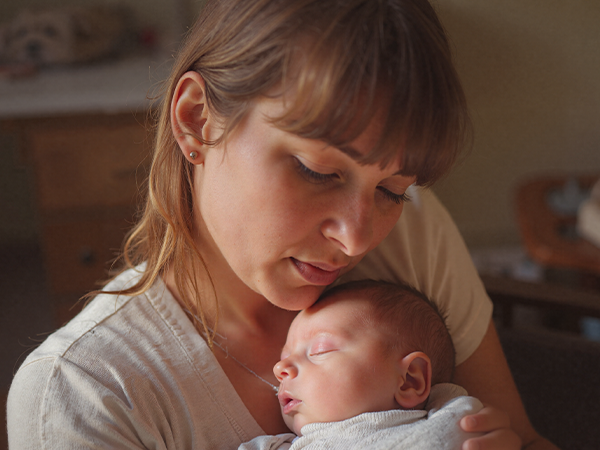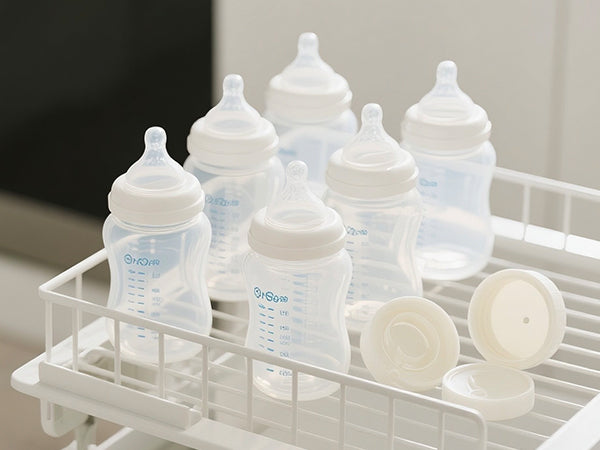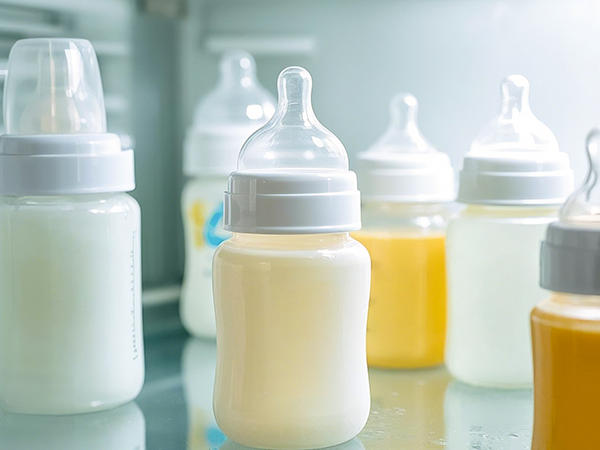"why is my baby never satisfied after feedings?"
“signs and symptoms of cerebral palsy in newborns”
"what's wrong with my exclusively breastfed baby that they only gained 1 oz in a week?"
Becoming a mother brings joy, but it can also lead to feelings of anxiety. Postpartum anxiety affects many new moms, causing worry, fear, and overwhelm. While it’s common, there are practical strategies you can use to manage these feelings and take care of your mental well-being.
1. Build a Support System
Having a strong support system is crucial for managing anxiety:
- Talk to your partner: Open communication can help alleviate worries. Share your concerns and allow them to support you.
- Reach out to family and friends: Don’t hesitate to ask for help with chores or childcare. It can provide you with much-needed breaks.
- Join a parenting group: Connecting with other new moms can normalize your feelings and reduce isolation.
2. Prioritize Self-Care
Self-care is essential for reducing anxiety:
- Rest when you can: Sleep deprivation worsens anxiety. Take naps when your baby sleeps or ask for help.
- Exercise: Gentle physical activity, like walking, can improve your mood and reduce stress.
- Eat well: A balanced diet helps stabilize your energy levels and emotions. Stay hydrated too.
- Relax: Engage in activities like reading, listening to music, or taking a bath to calm your mind.
3. Manage Expectations
Avoid setting unrealistic standards for yourself:
- Embrace imperfection: It’s okay not to do everything perfectly. Focus on what you can handle each day.
- Set small goals: Break tasks into manageable steps to avoid feeling overwhelmed.
- Practice mindfulness: Stay present and focus on the moment to reduce worry about the future.
4. Seek Professional Help if Needed
If anxiety feels unmanageable, reach out for professional support:
- Talk to a healthcare provider: Your doctor can offer guidance or recommend therapy or medication to manage anxiety.
- Consider therapy: Cognitive-behavioral therapy (CBT) can help you challenge anxious thoughts and develop coping strategies.
5. Be Patient with Yourself
Motherhood is a learning process. It’s okay to feel anxious sometimes. Give yourself grace and time to adjust. Postpartum anxiety can improve with support and self-care.
Conclusion
Postpartum anxiety is common but manageable. By seeking support, taking care of yourself, and seeking professional help if needed, you can ease anxiety and embrace the challenges of motherhood with confidence.




